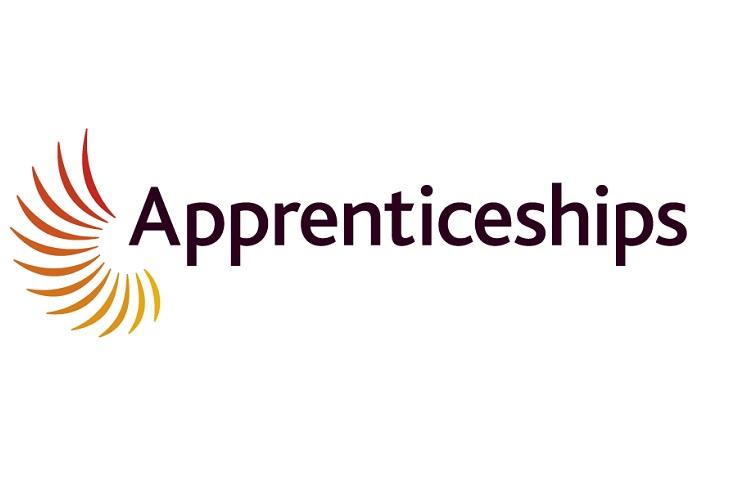A parent’s guide to apprenticeships

ESFA today (25 May) updated their information for parents about the benefits of apprenticeships and the opportunities they provide.
As a parent, you want your child to get the best possible start in their career. There are many options available to young people after they leave school, and in this guide, we outline information and benefits about apprenticeships as a key route into a successful career.
What’s an apprenticeship? It is a genuine job, with training, meaning you can earn while you learn and gain a nationally recognised qualification.
What are the benefits? Apprenticeships are now available up to degree level and beyond. Over 70 national universities are currently offering a range of degree apprenticeships with more to be confirmed throughout the year:
- Earning a salary and paid holiday
- Excellent progression opportunities, whether looking to study further or climb the ranks within the workplace
- Increased future earning potential – apprentices enjoy marked salary increases on finishing their training and those completing a higher apprenticeship could see increased earnings of an estimated £150,000 over their lifetime.*
What levels are there?
There are various levels of apprenticeship to apply for depending on current skills and qualifications. Apprenticeships have equivalent educational levels:
| Name | Level | Equivalent educational level |
| Intermediate | 2 | 5 GCSE passes at Grades A*– C or 9 – 4 |
| Advanced | 3 | 2 A level passes |
| Higher | 4, 5, 6 and 7 | Foundation degree and above |
| Degree | 6 and 7 | Bachelor’s or master’s degree |
All apprenticeships include elements of on the job and off the job training leading to industry recognised standards or qualifications. Some apprenticeships will require an assessment at the end of the programme to assess the apprentice`s ability and competence in their job role.
Salaries
The minimum wage for apprentices is £3.70 per hour, but many employers pay more than this. This is dependent on the sector, region and apprenticeship level E.g. some higher apprenticeships pay up to £500 per week. More details on salaries and entry criteria in specific apprenticeship occupations can be accessed by looking at the vacancies on ‘Find an apprenticeship’.
Entry requirements
Apprenticeships are available to anyone over the age of 16, living in England. There are different entry requirements depending on the sector and job. Recent legislation has come into effect which changes the minimum English and maths requirements needed to complete an apprenticeship for people with a learning difficulty or disability. The changes will lower the English and maths requirements for these apprentices to an Entry Level 3 qualification. A Disability Confident Employer will generally offer an interview to any applicant that declares they have a disability and meets the minimum criteria as defined by the employer. For more details, search Disability Confident on GOV.UK.
School leaving age
The government has stated that all young people must stay in some form of education or training until at least their 18th birthday. This does not necessarily mean staying in school; young people have a choice about how they continue in education or training post 16, which could be through an apprenticeship or traineeship.
How do you apply?
At any one time there are between 12,000 – 20,000 apprenticeship vacancies available online in a variety of careers and industries across England. Visit GOV.UK/ apply-apprenticeship. You can search by keyword (job role, occupation type or apprenticeship level) and by location. Once the right job comes up, your son or daughter can simply register on the website and follow the step-by-step instructions to apply for the role. Our YouTube channel has useful hints and tips on applying plus other videos on apprenticeships, visit YouTube and search apprenticeships/NAS. If they are not quite ready for an apprenticeship or job, they could try a traineeship with a local employer to gain valuable work experience and the opportunity to improve their English and maths, if needed. Visit GOV.UK/find-traineeship for more information or to apply for traineeship opportunities.












Responses